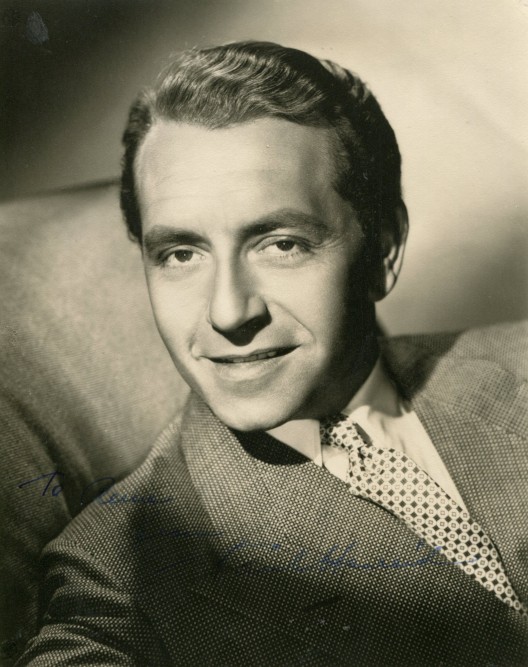
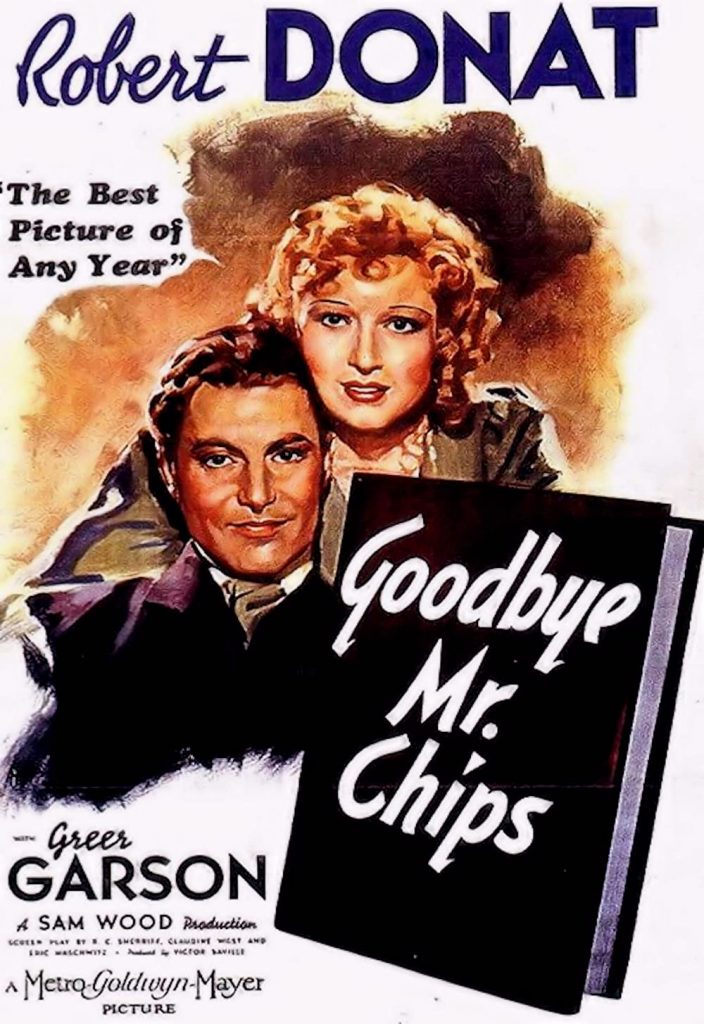
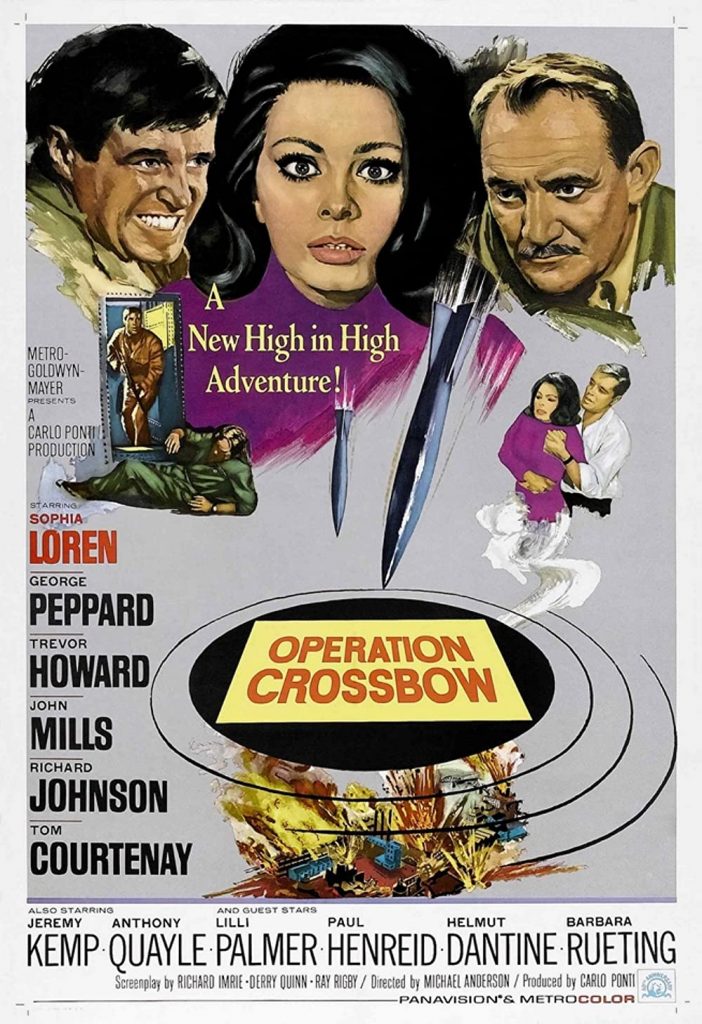
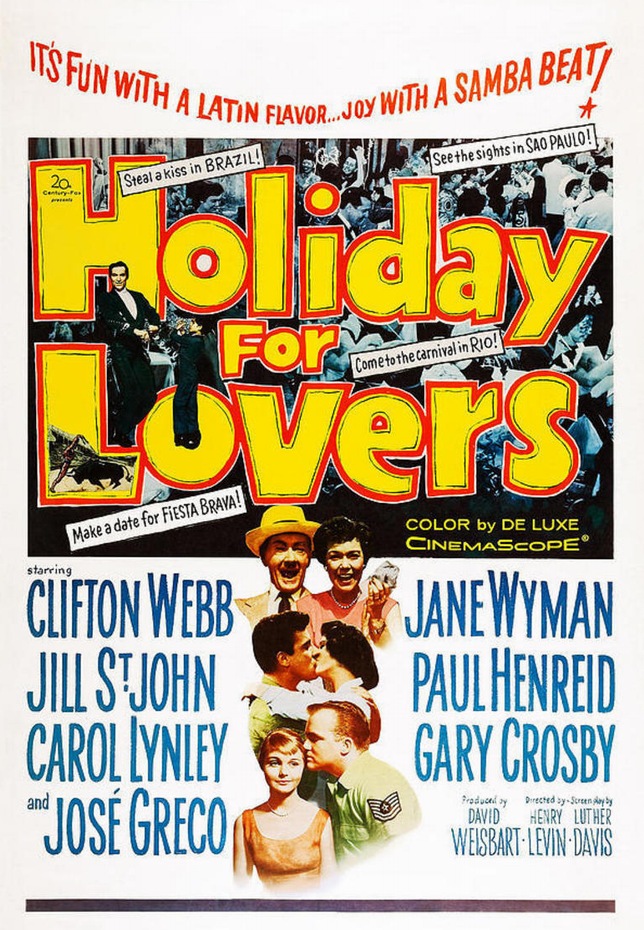
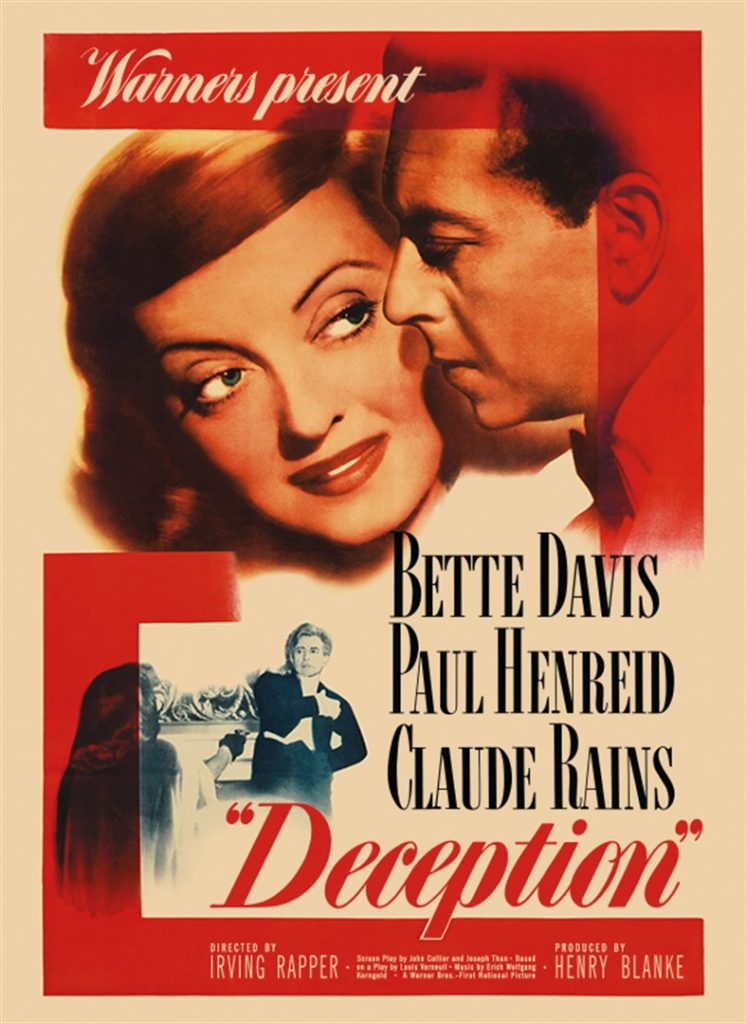
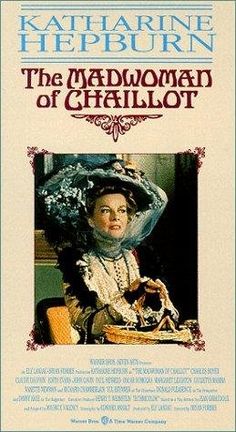
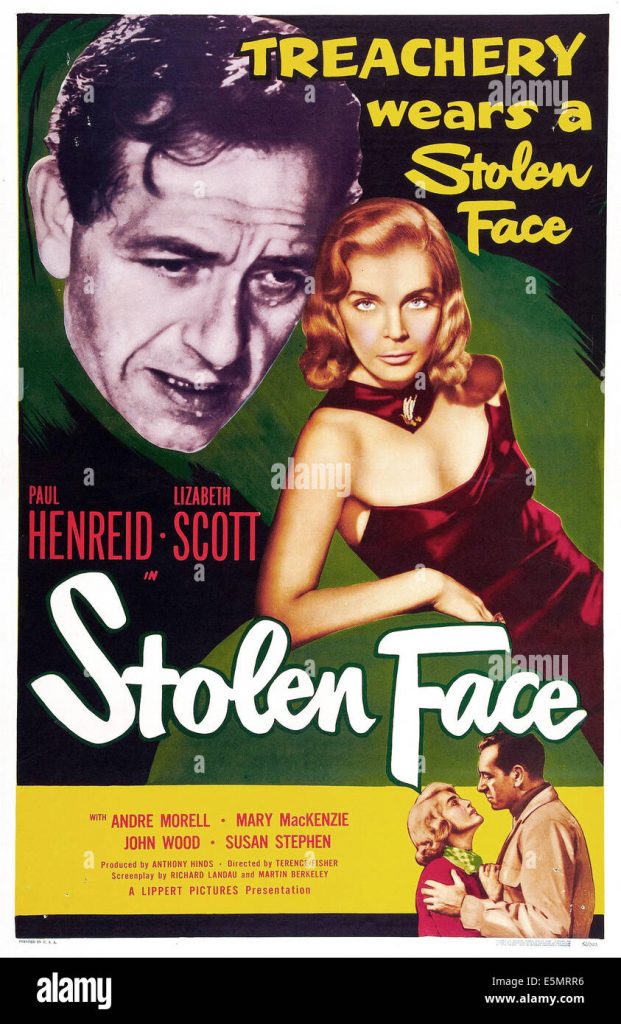
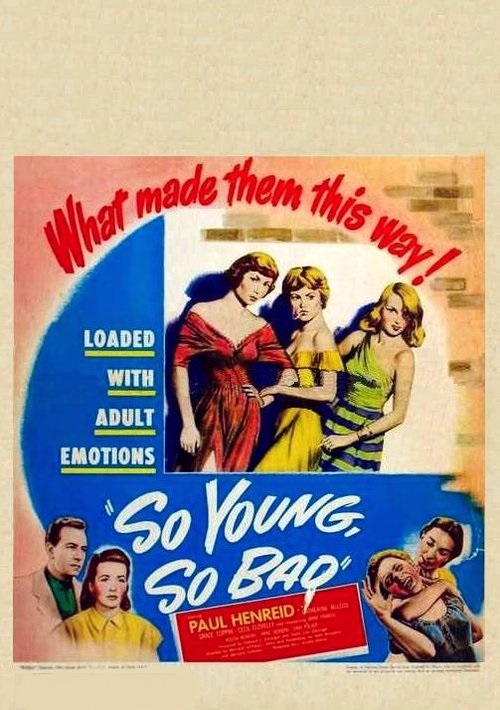
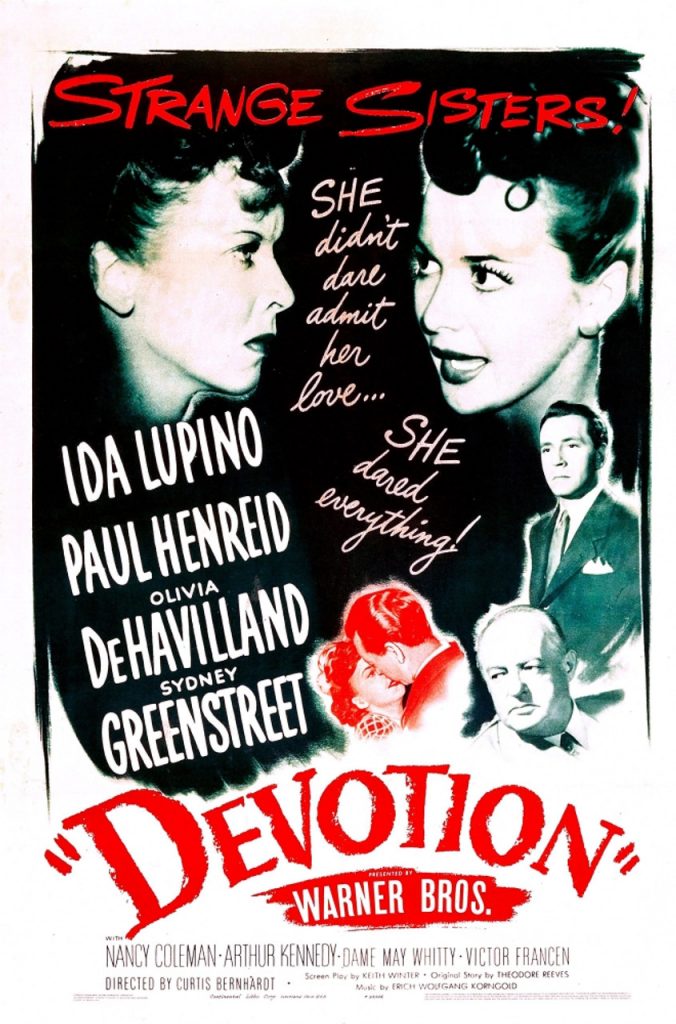
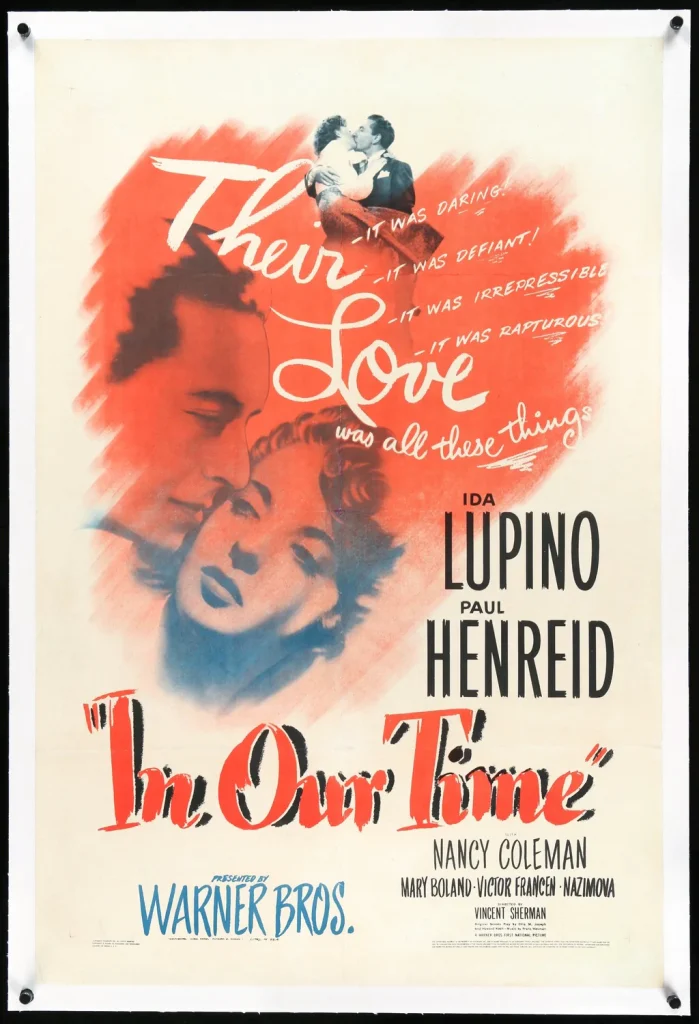
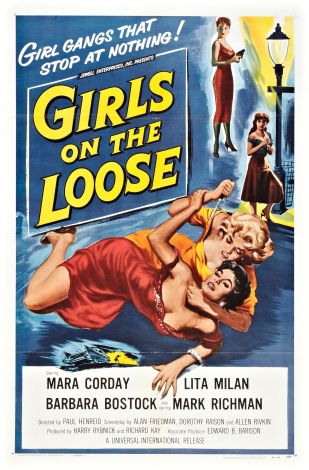
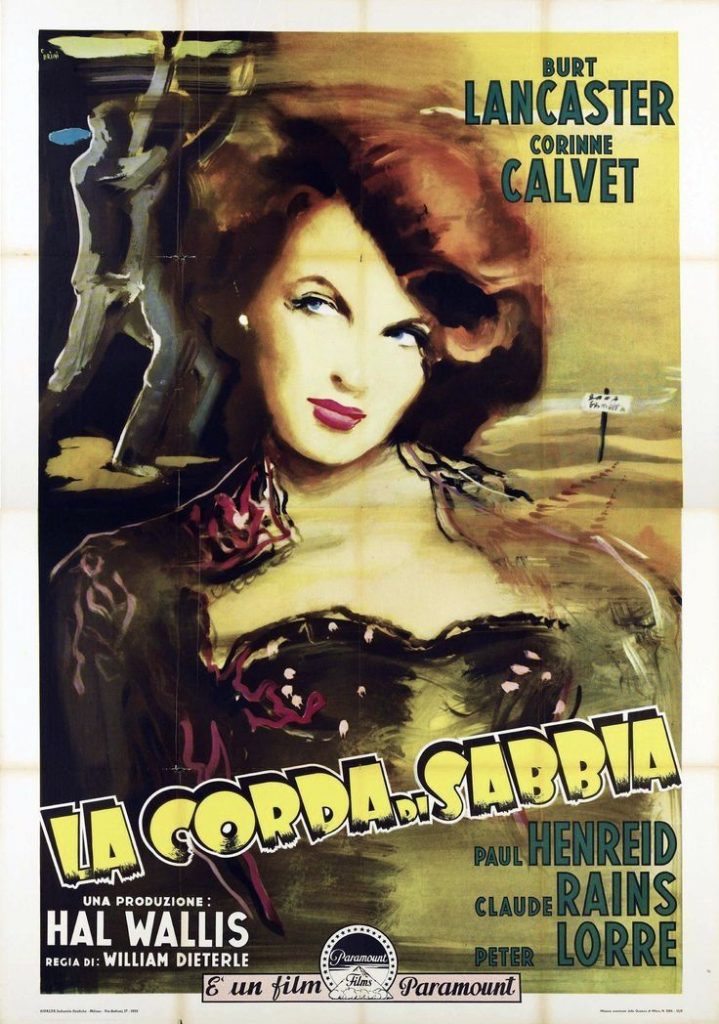
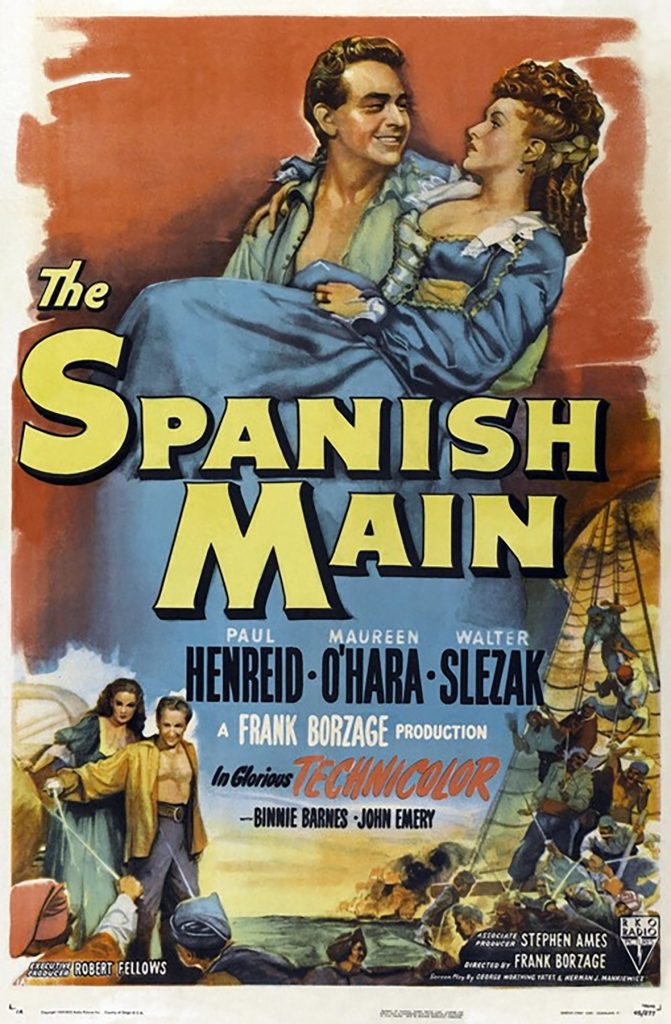
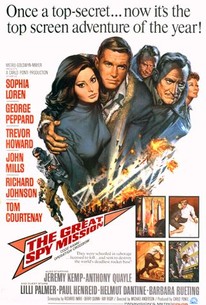
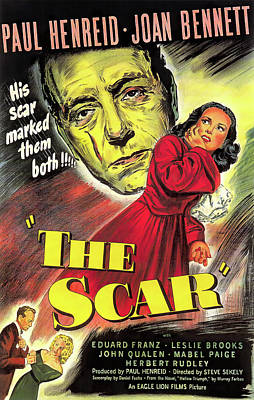
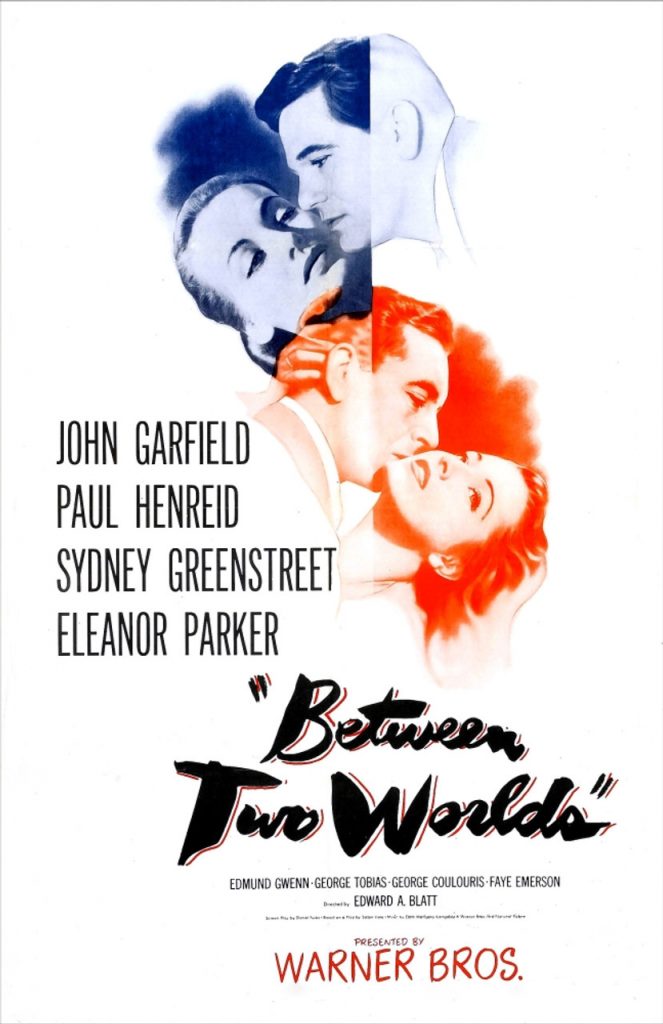
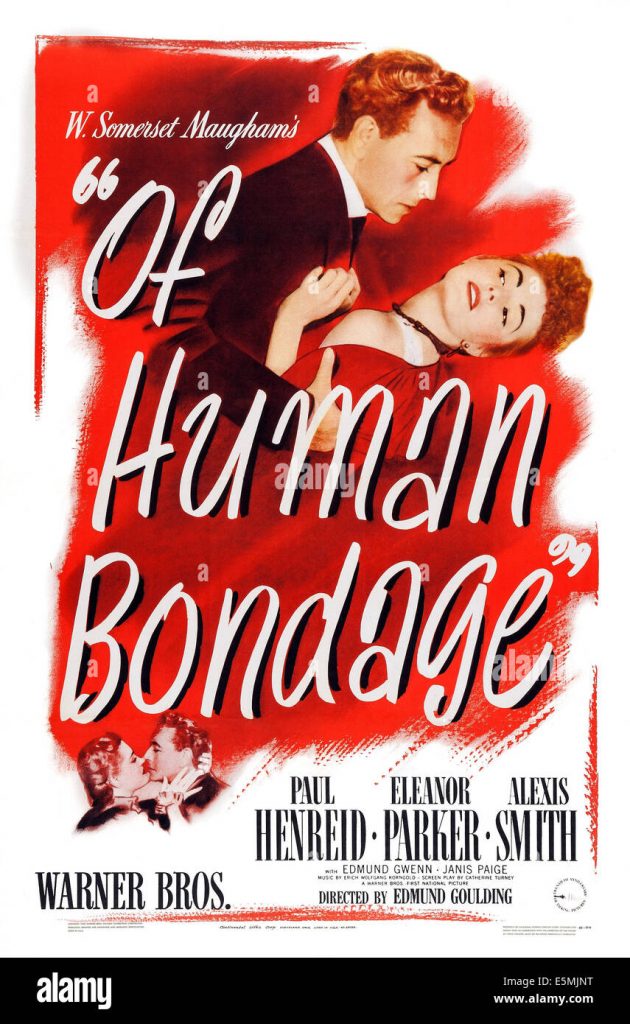
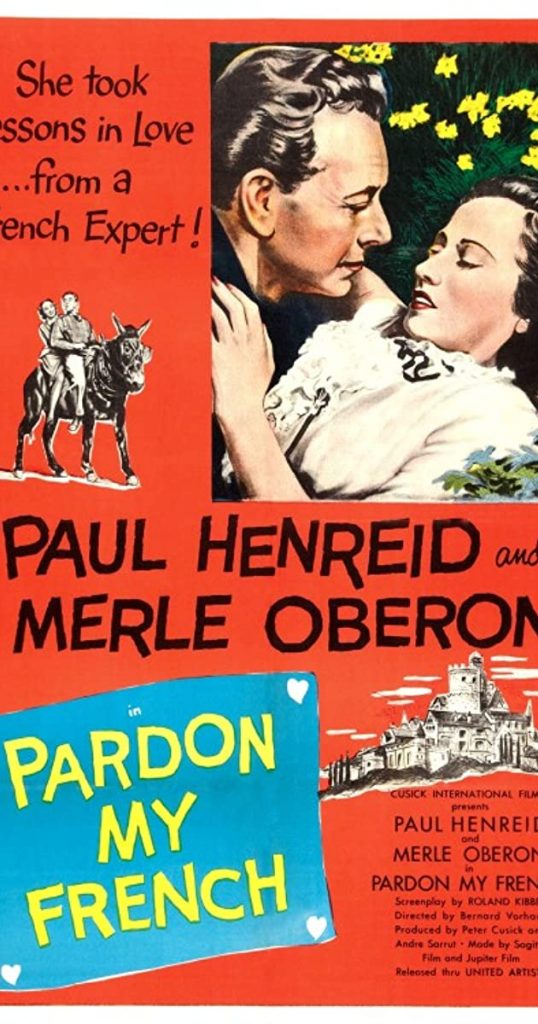
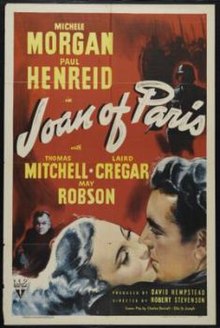
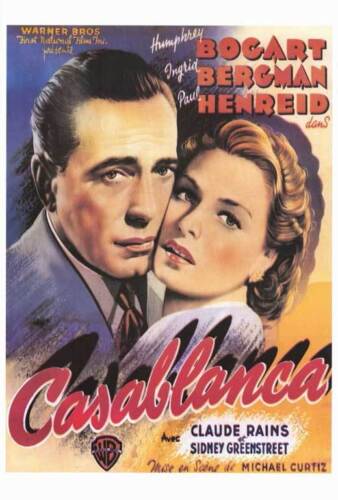
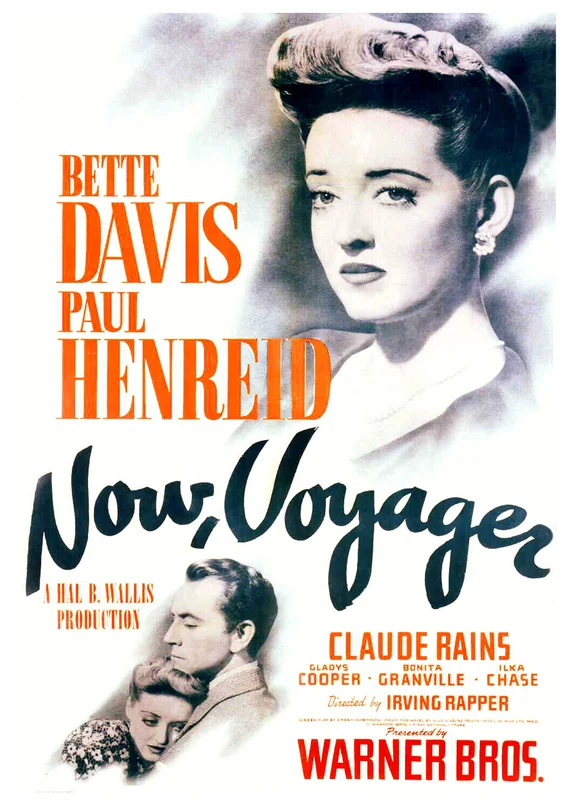
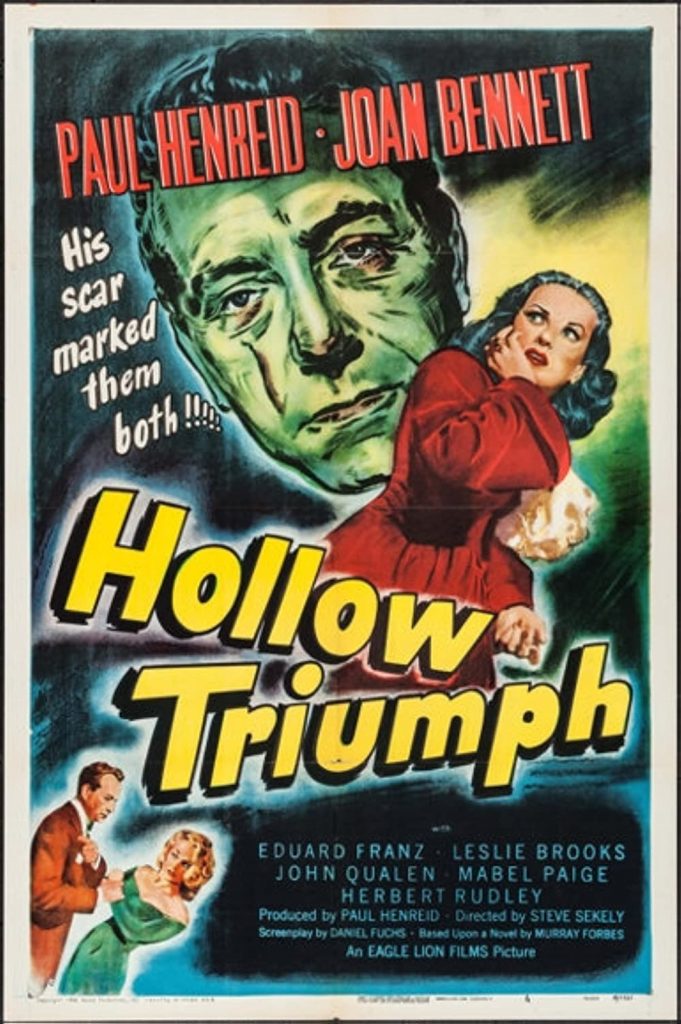
New York Times” obituary from 1992:
Paul Henreid, the suave leading man who won screen immortality as the noble, Nazi-battling Resistance leader Victor Lazlo in the 1942 film classic “Casablanca,” died on Sunday at Santa Monica Hospital in Santa Monica, Calif. He was 84 years old and lived in Pacific Palisades, Calif.
He died of pneumonia after a stroke, said Henry Alter, Mr. Henreid’s former secretary. The family did not want to announce the death until Mr. Henreid was buried yesterday in Santa Monica, Mr. Alter said yesterday.
The actor died only days before the first major theatrical re-release of “Casablanca” in more than 35 years, scheduled for April 10 as part of the film’s 50th-anniversary celebrations. Despite that movie’s classic status, however, Mr. Henreid may be best remembered for a scene in “Now Voyager” (1942) in which he lit two cigarettes at once as he comforted Bette Davis. Mr. Henreid later said that the director, Irving Rapper, didn’t like that bit of business and went along with it only reluctantly.
Mr. Henreid once estimated that he had acted in or directed more than 300 films and television dramas. In his heyday as a leading man, the 6-foot-3 actor seemed to represent the prototype of the Continental lover to American film audiences: aristocratic, elegant and gallant. A Charmed Childhood
Mr. Henreid was born on Jan. 10, 1908, in Trieste, then a part of Austria. His full name was Paul George Julius von Hernreid. He was the son of Baron Carl Alphons, a prominent Viennese banker, and Maria-Luise von Hernreid.
In his 1984 autobiography, “Ladies Man,” written with Julius Fast, he described what he called a charmed childhood among the aristocrats of pre-World War I Vienna. But by 1927, when Mr. Henreid graduated from the exclusive Maria Theresianische Academie, little of the family fortune remained.
He wanted to be an actor but, bowing to his family’s wishes, worked with a publishing house in Vienna for four years while studying acting at night. During an acting-school performance, he was discovered by Otto Preminger, then Max Reinhardt’s managing director, and became a leading player in Reinhardt’s theater. Like the fictional Victor Lazlo, Mr. Henreid was a staunch anti-Nazi during his years in Europe. A Series of German Roles
In 1937 he won wider recognition by playing Prince Albert in “Victoria Regina” on the London stage. Despite his personal sentiments, he was fated for a time to play a series of German roles. In one of his first films, “Goodbye, Mr. Chips” (1939), he played a young German teacher; he was a Nazi officer in “Madman of Europe” (1940) and a Gestapo agent in Carol Reed’s “Night Train” (1940).
Mr. Henreid’s first big American success was in another such role, that of the bombastic German consul in the Guild Theater production of “Flight to the West.” The play opened in New York on Dec. 30, 1940, and helped get him his first Hollywood contract, with RKO Radio Pictures in 1941. Later that year, Mr. Henreid became a United States citizen, but he resisted the studio’s attempt to change his name to Herndon or Henrie.
He broke free of the Germanic stereotype in his first Hollywood film, “Joan of Paris” (1942), in which he played a heroic Free French R.A.F. pilot, and went on to glory as the underground leader in “Casablanca.” He then played an Irish patriot in “Devotion” (1943) and a Polish count in “In Our Time” (1944). A Survivor of the Blacklist
In his autobiography, Mr. Henreid said his Hollywood film career was all but destroyed by the anti-Communist blacklist. Mr. Henreid was one of a group of Hollywood stars who went to Washington to protest the excesses of the House Committee on Un-American Activities.In the 1950’s, Mr. Henreid found a second career as a director and producer. He directed more than 80 episodes of “Alfred Hitchcock Presents” for television; Hitchcock hired him in 1955 despite the blacklist.
Mr. Henreid also acted in numerous television films and toured nationally in the play “Don Juan in Hell” in 1972 and 1973.He is survived by his wife, Lisl, and two daughters, Mimi Duncan and Monica Henreid


